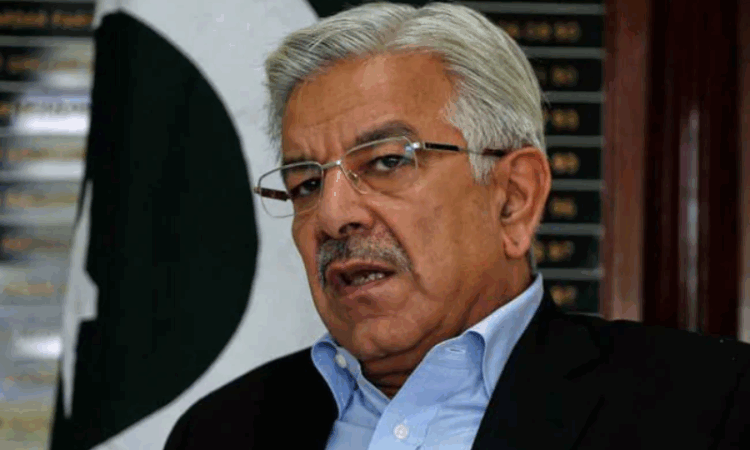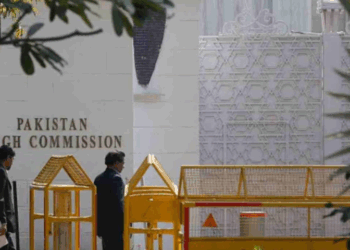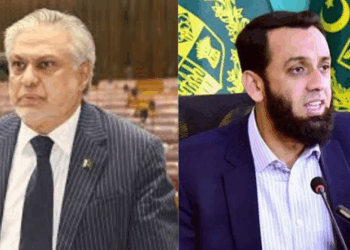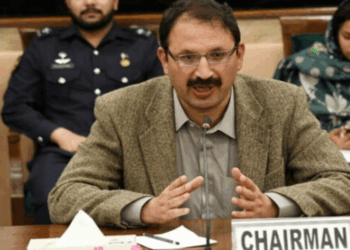Islamabad, May 12, 2025: Federal Defence Minister Khawaja Asif stated Monday that if formal talks are held between Pakistan and India following the recently announced ceasefire, three longstanding and critical issues will dominate the agenda: Kashmir, terrorism, and water.
In an interview with a private news channel, Asif emphasized that these issues have persisted unresolved for over seven decades. “There are three major points: Kashmir, terrorism, and water. These are longstanding issues over the past 76 years and must be addressed,” he said.
Highlighting the urgency of peace, Asif called this a “golden opportunity” for both countries to make meaningful progress, especially on Kashmir. “Almost all wars between Pakistan and India have been over Kashmir,” he noted. “This recent conflict too erupted because of Kashmir. Modi tried to push the region into a living hell, but by Allah’s grace, we were saved.”
He welcomed recent international engagement, particularly US President Donald Trump’s comments urging that Kashmir be included in future negotiations. “Trump’s acknowledgment of Kashmir is a breakthrough,” Asif added.
On terrorism, Asif reaffirmed Pakistan’s position as one of the greatest victims of terror over the past 20–30 years. “It is a cruel irony that the country that has suffered the most from terrorism is often blamed for it,” he remarked.
Addressing the water dispute, the defence minister stressed that the Indus Waters Treaty, signed in 1960, remains legally binding and cannot be unilaterally suspended. India’s recent move to halt cooperation under the treaty was described by Pakistan as an “act of war.”
Asif also praised Pakistan’s military response to recent Indian aggression, calling it one of the most decisive in the nation’s history. “The way we responded is evidence of our preparedness. The strong response we gave has left them licking their wounds. Modi is facing backlash in Indian Parliament, and their media reflects that pain. This is a diplomatic win for Pakistan,” he stated.
He added that except for Israel, no major power had supported India during the latest confrontation.
Tensions between the two nuclear-armed neighbors soared after a deadly April 22 attack in Pahalgam, Indian Illegally Occupied Jammu and Kashmir (IIOJK), that killed 26 civilians. India accused Pakistan-based elements of orchestrating the attack—allegations Islamabad rejected as baseless.
In retaliation, India closed the Wagah border, revoked Pakistani visas, and suspended participation in the Indus Waters Treaty. Pakistan responded with Operation Bunyan-un-Marsoos on May 6–7, during which it claimed to have downed five Indian jets, including Rafale aircraft, and destroyed 77 Israeli-origin Harop drones.
The US played a central mediating role, with President Trump announcing a ceasefire agreement on Saturday, later confirmed by both nations’ leadership and Secretary of State Marco Rubio. Diplomatic outreach included calls between Secretary Rubio and British Foreign Secretary David Lammy, as well as German Chancellor Friedrich Merz.
Following the ceasefire, both sides agreed to halt military operations across land, air, and sea, though isolated ceasefire violations have since been reported along the Line of Control (LoC).







